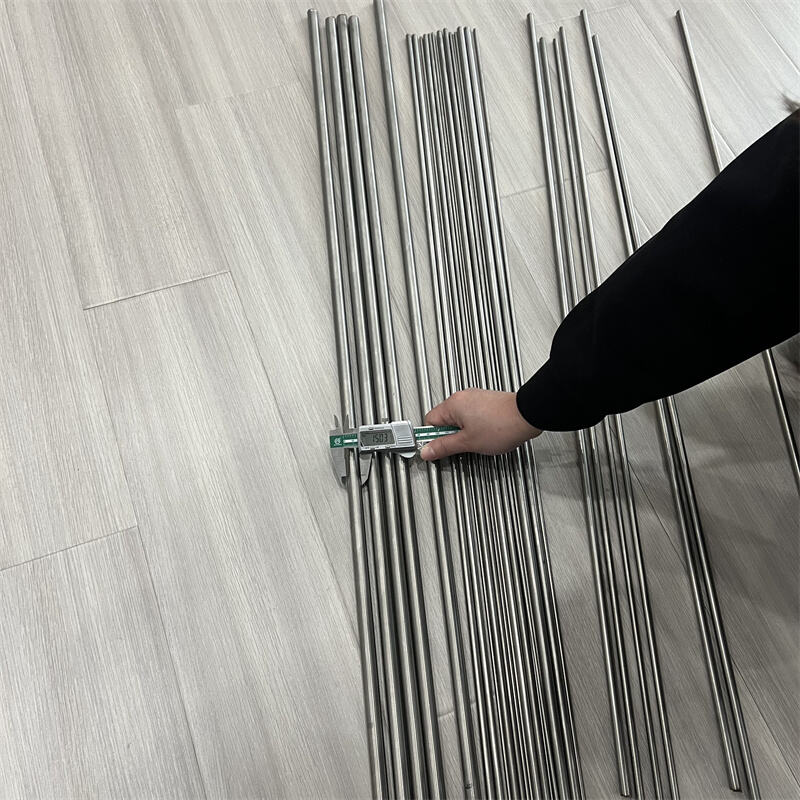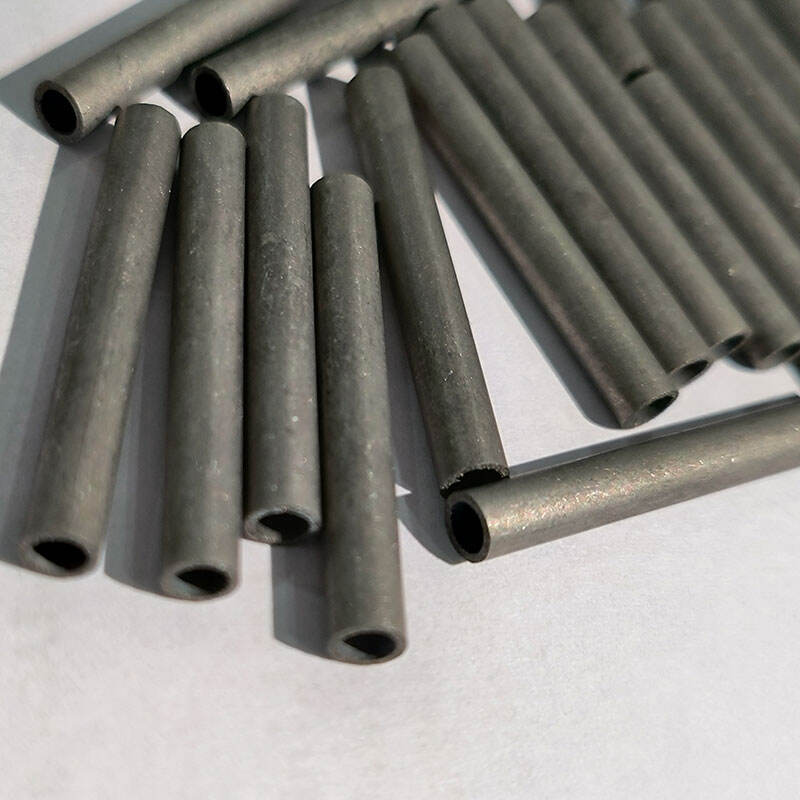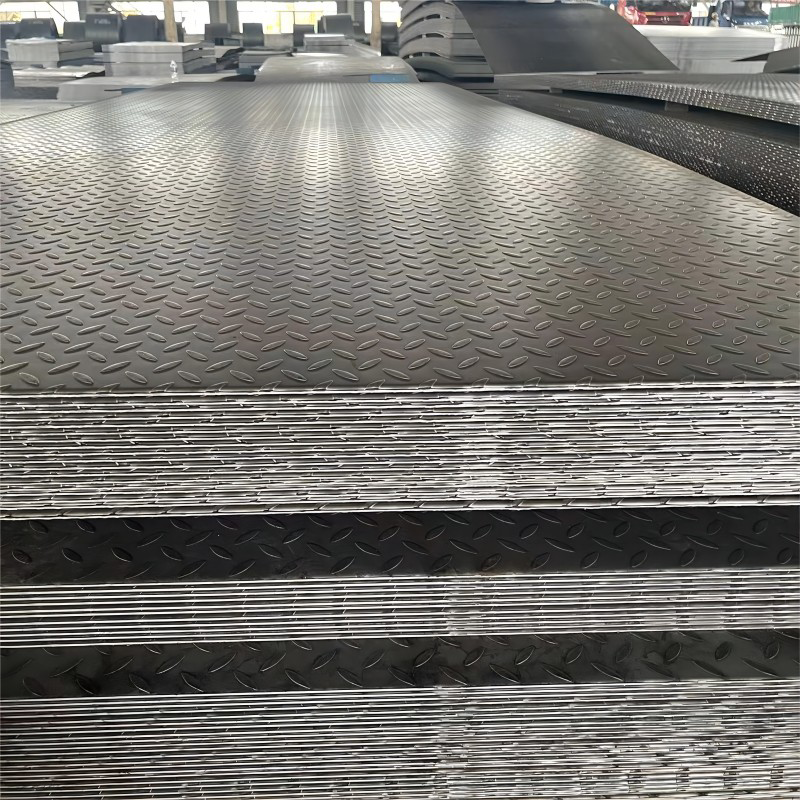galaagde staalrol
Gekoate staalstrook verteenwoordig 'n gesofistikeerde evolusie in metaalvervaardiging, wat duursaamheid met verbeterde beskerming kombineer deur geavanseerde bestrykings-tegnologieë. Hierdie veelvuldige materiaal bestaan uit 'n staalbasis wat behandel is met beskermende lae soos sink, aluminium of gespesialiseerde polimere, wat 'n barrière skep teen korrosie en omgewingsbeskadiging. Die bestrykingsproses behels presiese toepassingsmetodes soos warmdomp galvanisering, elektroplatering of organiese bestrykingstelsels, wat eenvormige dekking en optimale hechting verseker. Hierdie strokke word in verskeie diktes, breedtes en bestrykingsspesifikasies vervaardig om aan uiteenlopende industriële vereistes te voldoen. Die bestryking verleng nie net die materiaal se lewensduur nie, maar verbeter ook sy estetiese voorkoms en funksionele eienskappe. Moderne gekoate staalstrokke het geavanseerde formuleringe wat uitstekende skraapweerstand, UV-beskerming en chemiese weerstand bied. Hulle word ontwerp om hul strukturele integriteit onder uiteenlopende omgewingsomstandighede te behou, wat hulle ideaal maak vir beide binne- en buitelugtoepassings. Die vervaardigingsproses sluit streng gehaltebeheermaatreëls in, wat konstante bestrykingsdikte en oppervlakafwerking langs die hele lengte van die strook verseker. Hierdie aandag vir detail lewer 'n produk wat betroubare werkverrigting lewer oor verskeie toepassings, vanaf konstruksie en motorvervaardiging tot huishoudelike toestelvervaardiging en argitektoniese projekte.


